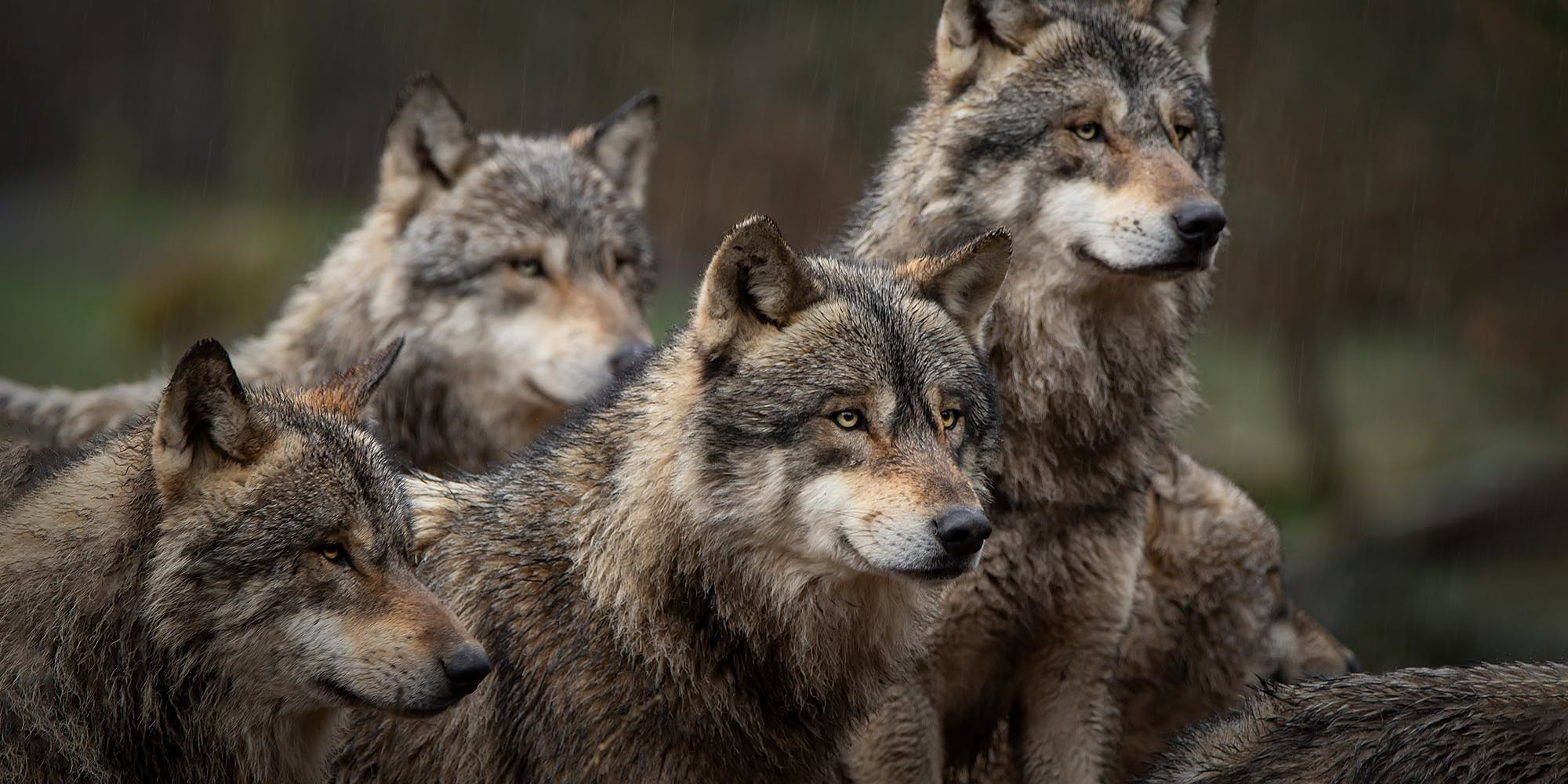Wolf memes have clawed their way into the heart of internet culture, and Gen Z is leading the pack with this new trend. The 2020s have seen the wolf find a massive audience on TikTok, where animation filters allow users to bring their wolf memes to life.
Let’s take a look at the origin and meaning of wolf memes in the digital realm.
@nghdabi #fyp #fypシ #nghdabi #wolf #alpha #omega #viral #meme #wolfmeme #🐺 #🐺⛓️ #emo #emowolf #alphawolf #fypage #fypシ゚viral ♬ YOU SINK INTO MY CLOTHES – user16783728179
Origin and viral spread of the wolf meme
According to Know Your Meme, the most popular wolf illustration stems from DeviantArt user @WolfRoad, whose early 2010s work titled, “Voices,” remains a staple in meme culture.
It gained ironic traction in Spanish-speaking circles after the Facebook group “Sentimientos De Un Lobo Solitario” further propelled the image by combining the wolf drawing with inspirational quotes.
The meme is extremely popular on TikTok, especially with the rise of animated meme content, where users pretend to transform into alpha wolves using the augmented reality “Alpha Werewolf Transformation” filter popularized by creator @willuzi in 2021. Even brands have integrated the imagery into their marketing.
Controversial adoption by men’s groups
While most people enjoy the light-hearted side of wolf memes, the animal has also been adopted as a symbol by certain men’s groups. The wolf has long been used to symbolize an “alpha” male that tends to lead and dominate. More recently, however, the wolf has also come to represent the “sigma” persona—someone who revels in their outsider status and prides themselves on defying the pack.
Despite this, the meme’s dominant presence remains whimsical, even infiltrating music fandoms like Drain Gang with its versatility and staying power.
@lqrce._ Its hard to conceal my inner alpha…🐺| ALPHAS RISE UP|#alphawolf#edit#Emo#wolfmeme#Alphawolfmemeedit#Fullmoon#AWOOOOO#WOLFCLAN ♬ ALPHAS RISEEEE – ⠀ ⠀ ⠀ ⠀ ⠀ ⠀
The Mandela effect of the wolf meme
Recently, a number of online users have come to notice horns on the head of the sitting wolf in “Voices.” Many claim it’s an example of a Mandela effect, given the sheer number of people who have been surprised by the presence of the horns.
NO WAY THE WOLF HAD HORNS THE WHOLE TIME pic.twitter.com/PMDSdvboel
— Tomo😤☁️ (@LorTomo2) April 27, 2023
The Mandela effect is when a large group of people believe an event to have happened, when, in fact, it did not. The discourse around the presence of the wolf’s horns has fueled viral discussions, editing efforts to remove the horns, and an introspective look at the collective memory of the internet age.
Conclusion
The wolf meme—and its many extensions—has become a multifaceted emblem for Gen Z and beyond, as a reflection of collective feelings, a tool to explore identity, and a canvas for internet humor. As it continues to evolve, the wolf meme is not just a trend but a mirror of the dynamic and ever-changing online world.
Sign up to receive the Daily Dot’s Internet Insider newsletter for urgent news from the frontline of online.
Source: https://www.dailydot.com/news/wolf-meme/